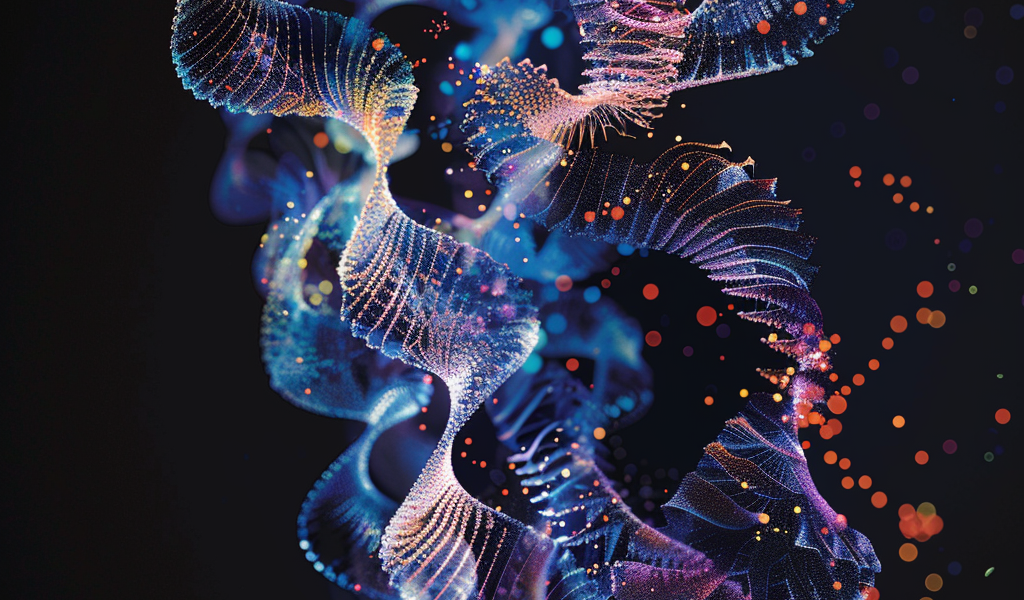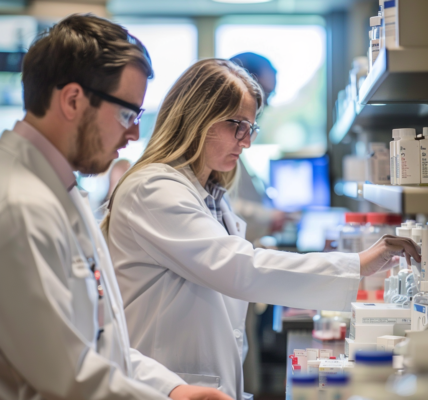AI has made significant strides in the field of cancer research by delving into the ‘dark genome’ to unravel the mysteries behind cancer growth. This innovative approach has the potential to revolutionize our understanding of cancer and pave the way for more effective treatments.
The ‘dark genome’ refers to the vast portion of the human genome that was previously uncharted and not well understood. Traditional research methods have focused on the ‘light genome,’ which encompasses genes that encode proteins. However, the ‘dark genome’ comprises non-coding DNA sequences that were once considered to have no functional role.
AI technology has now enabled researchers to analyze and interpret the ‘dark genome’ in ways that were previously impossible. By uncovering the hidden patterns and regulatory elements within the non-coding DNA, AI algorithms can provide valuable insights into the molecular mechanisms underlying cancer progression.
One of the key advantages of AI-driven exploration of the ‘dark genome’ is the ability to identify potential therapeutic targets that may have been overlooked in traditional genomic studies. By shedding light on the intricate network of genetic interactions, AI algorithms can pinpoint vulnerabilities in cancer cells that could be exploited for targeted therapies.
Furthermore, AI’s deep learning capabilities allow for the integration of diverse datasets, including genomic, epigenomic, and transcriptomic information, to construct comprehensive models of cancer biology. This holistic approach provides a more comprehensive understanding of the complex interplay between genetic and epigenetic factors driving cancer development.
As AI continues to delve into the ‘dark genome,’ it holds the promise of uncovering novel biomarkers for early cancer detection and prognostic indicators for predicting disease outcomes. By leveraging AI’s analytical power, researchers can potentially identify subtle molecular signatures that herald the onset of cancer long before clinical symptoms manifest.
Moreover, the insights gleaned from AI exploration of the ‘dark genome’ have the potential to fuel the development of personalized cancer therapies tailored to individual patients’ unique genetic profiles. By elucidating the specific molecular aberrations driving each patient’s cancer, AI-driven precision medicine could lead to more targeted and effective treatment strategies.
Overall, the intersection of AI and the ‘dark genome’ represents a paradigm shift in cancer research, offering unprecedented opportunities to unravel the complexities of cancer biology and transform the landscape of oncology. With AI’s ability to illuminate the hidden realms of the genome, we stand on the brink of a new era in the fight against cancer.





